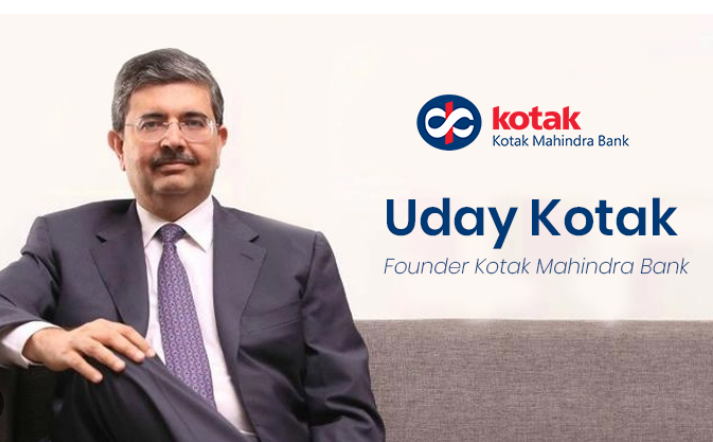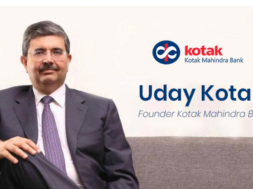
Growth: India has transformed from a savers’ to an investors’ nation, says Kotak
Virendra Pandit
New Delhi: In the last four decades, India has transformed from a country of savers to a nation of investors, leading banker Uday Kotak said on Friday.
The tussle between the two models of savers and borrowers on one side and the issuers and investors on the other is underway, the founder and former Managing Director and CEO of Kotak Mahindra Bank said, according to a media report.
This process of transformation has been spurred by more and more people parking their surplus funds in the mutual fund and equity market.
In the early 1980s, the Indian saver had low confidence in financial assets versus gold and land. Gradually, however, he moved some part of his savings to bank deposits, UTI, and LIC, he said in a post on microblogging platform X, formerly Twitter.
Even in the 1990s, he said, investing in equities was considered ‘speculative.’
“Hence companies looking for capital went to the foreign institutional investors (FII), which saw potential and bought into those companies while the Indian saver stayed away,” he said.
Companies raised capital through the less-known Luxembourg Stock Exchange, Kotak said, adding, that India’s capital market was being exported.
“Some of us highlighted this phenomenon to SEBI. That started the private placement market (QIP) in the early 2000s. Hence FIIs could also buy on Indian markets. The Indian saver’s interest in markets improved after the global financial crisis,” he said.
The saver is now savoring the joys of investing as mutual fund platforms, cash equities and derivatives markets, insurance funds, global private equity in India, and other platforms like AIFs, the lower tax regime for equity, have all converted many a saver into an investor, he said.
On sustaining the growth story, Kotak said as savers become investors the banking sector faces challenges on its deposits and cost of funds.
“The large corporate sector has to meaningfully move to capital markets (debt and equity) and away from banks. Banks will become distributors of corporate debt rather than storage houses. They will need to penetrate mid-sized corporates, MSMEs, and consumers,” he said.
Many investors have joined post-Covid and they have mainly seen upside, Kotak said.
While the situation is not comparable at present, we need to keep Japan of the 1980s at the back of our minds. Its Nikkei Index peak was in 1989. Now, 34 years later, with near-zero interest rates, the Nikkei is still below its 1989 peak. We must avoid bubbles through policy, regulation, education, and the supply of quality paper. Companies should raise equity at a lower cost of capital for productive use,” he said.
Double taxation on dividends needs relook, Kotak advised, saying a shareholder is like a partner. There is no additional tax when money is moved from the partnership to the partner’s capital account and the same principle applies to shareholders, he said.
“While we must avoid tax arbitrage in debt, unless debt markets grow it will be a one-legged race.”
The current gap on the highest marginal tax rate between debt and equity of 39 percent and 10 percent is, perhaps, too wide.
“We should avoid a retrospective tax and regulatory regime. We will need to balance developmental and regulatory roles.”
Low-cost leverage through derivatives can distort financial markets and this needs attention, he suggested.
The other two areas that need urgent focus for India’s aspiration, Kotak said, are acquisition financing and streamlining of the Insolvency and Bankruptcy Code and NCLT process.













